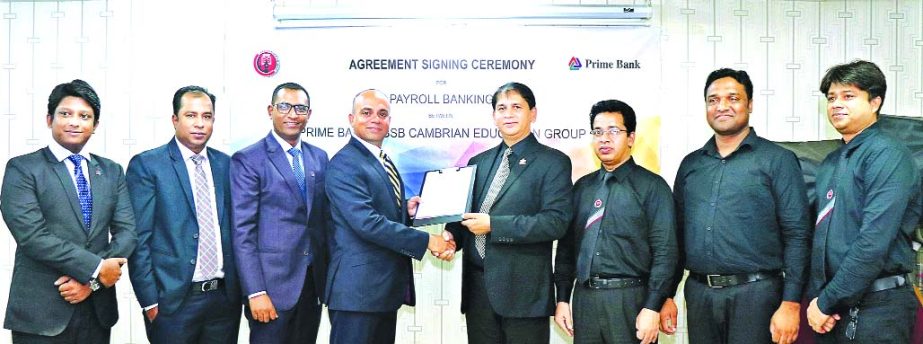
bdnews24.com :
A fall in sales of savings certificates along with slow revenue collection have forced the government into heavily taking loans from banks in order to pay expenses.
The government’s borrowing exceeded half the target for the whole fiscal year in only one and a half months.
The amount, Tk 237.61 billion, is close to the Tk 264.46 billion total of the last fiscal year.
“Revenue collection has slowed down. Stricter rules and tax hikes have also led to a drop in savings certificates sales. So, the government is forced to borrow from the banks to pay the expenses,” researcher Zaid Bakht told bdnews24.com.
If the sluggishness persists in revenue collection, he believes, government borrowing will rise further.
“Private sector’s share of loans will shrink in that case and it will negatively impact investment,” he said.
Bakht thinks the government’s dependency on borrowing increased following a rise in expenditure due to large projects like Padma Bridge, Dhaka Metro Rail, and Rooppur Nuclear Power Plant.
Of the loans taken by the government this fiscal year until Aug 15, the Bangladesh Bank provided Tk 64.39 billion while the remaining Tk 173.23 billion came from the commercial banks.
These have taken the total government borrowing to over Tk 1.31 trillion.
The government had not borrowed much from the banks in past few years and even repaid more than what it took in some years.
But things started to change with the National Board of Revenue or NBR collecting Tk 2.23 trillion after revising down revenue target in the last fiscal year to Tk 2.8 trillion.
A fall in sales of savings certificates along with slow revenue collection have forced the government into heavily taking loans from banks in order to pay expenses.
The government’s borrowing exceeded half the target for the whole fiscal year in only one and a half months.
The amount, Tk 237.61 billion, is close to the Tk 264.46 billion total of the last fiscal year.
“Revenue collection has slowed down. Stricter rules and tax hikes have also led to a drop in savings certificates sales. So, the government is forced to borrow from the banks to pay the expenses,” researcher Zaid Bakht told bdnews24.com.
If the sluggishness persists in revenue collection, he believes, government borrowing will rise further.
“Private sector’s share of loans will shrink in that case and it will negatively impact investment,” he said.
Bakht thinks the government’s dependency on borrowing increased following a rise in expenditure due to large projects like Padma Bridge, Dhaka Metro Rail, and Rooppur Nuclear Power Plant.
Of the loans taken by the government this fiscal year until Aug 15, the Bangladesh Bank provided Tk 64.39 billion while the remaining Tk 173.23 billion came from the commercial banks.
These have taken the total government borrowing to over Tk 1.31 trillion.
The government had not borrowed much from the banks in past few years and even repaid more than what it took in some years.
But things started to change with the National Board of Revenue or NBR collecting Tk 2.23 trillion after revising down revenue target in the last fiscal year to Tk 2.8 trillion.

